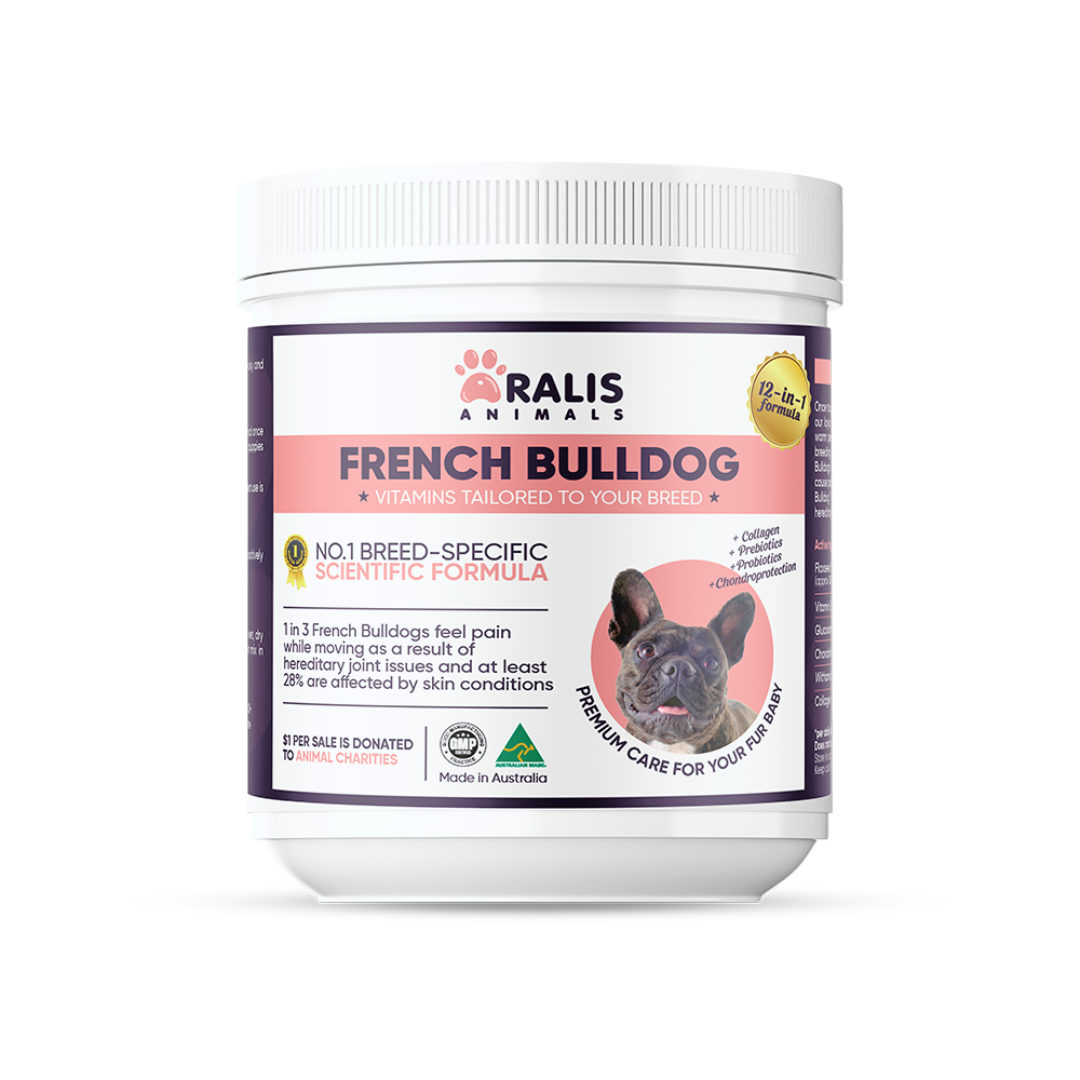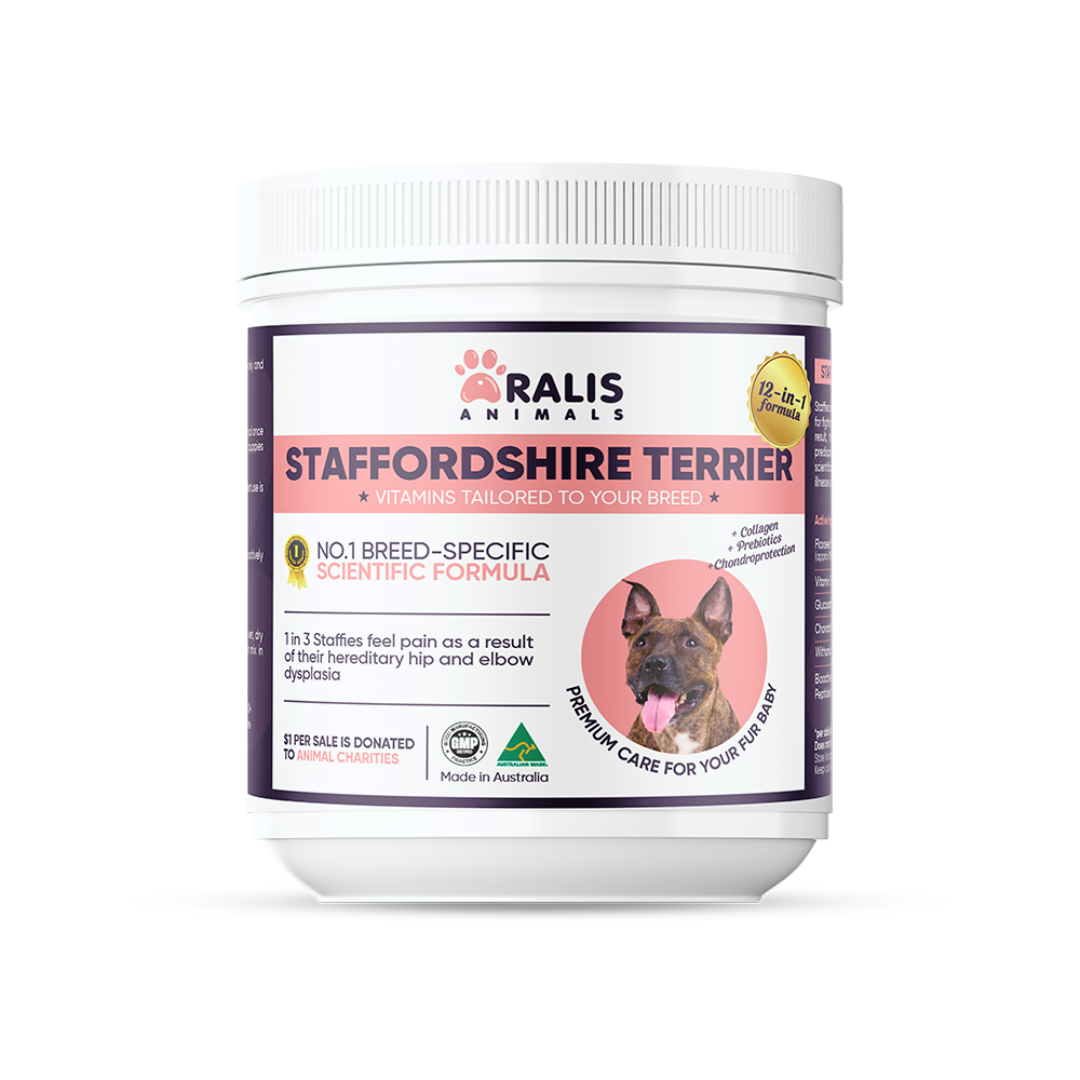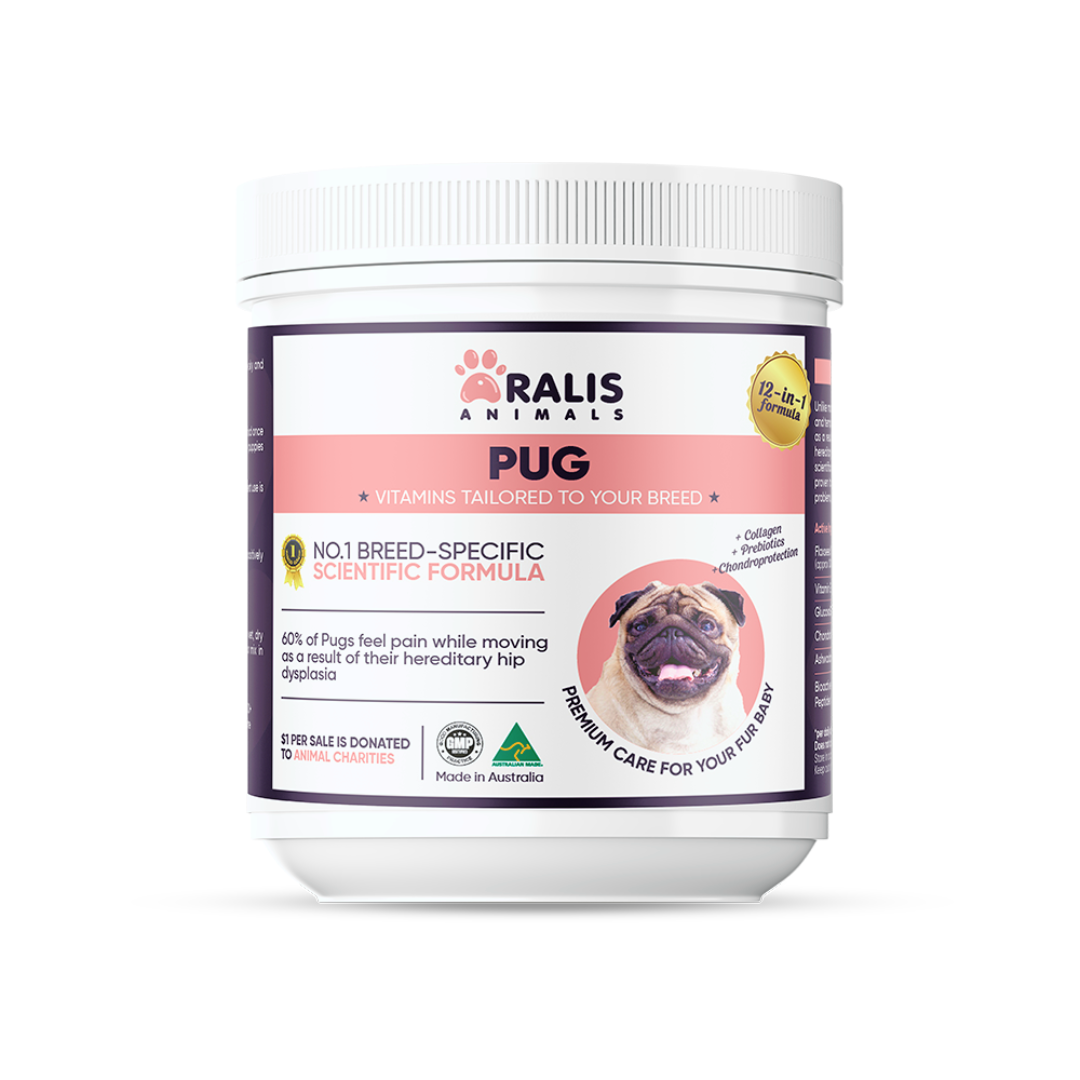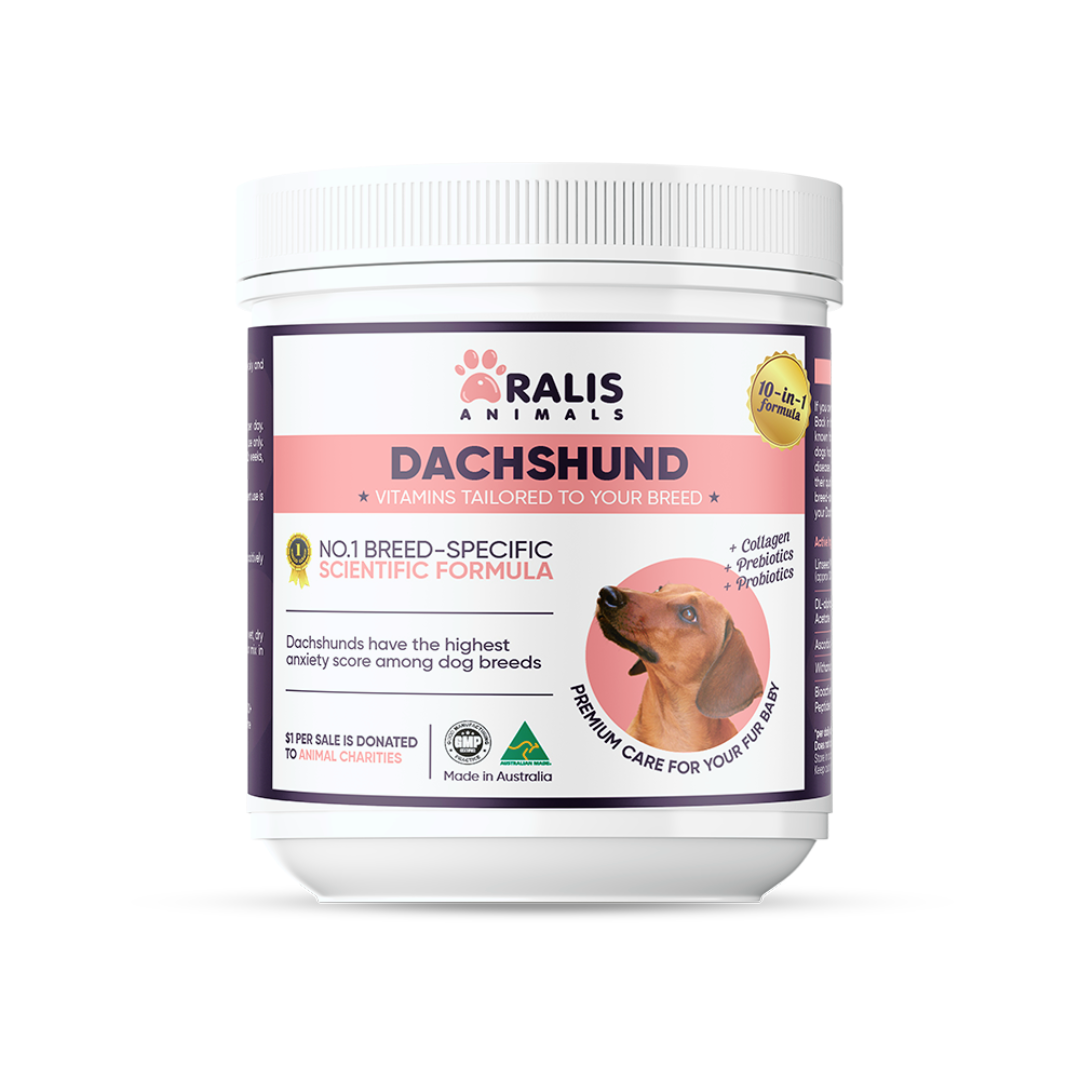Is Your Fluffy Weiner Dog Showing Signs of Poor Gut Health? Here's What to Do

As a proud dachshund owner, you know that your furry companion is a unique and lovable breed. These miniature sausage dogs, with their long bodies and short legs, have captured the hearts of many. However, along with their charming personalities, dachshunds can also face some common health challenges, particularly when it comes to their digestive system.
Gut health is a critical aspect of your dachshund's overall well-being. A healthy gut not only supports proper digestion but also plays a crucial role in your pup's immune function, skin health, and even their mood. Unfortunately, dachshunds are prone to various digestive issues, from chronic constipation to inflammatory bowel disease. If left unaddressed, these problems can lead to discomfort, malnutrition, and a lower quality of life for your beloved pet.
In this comprehensive guide, we'll explore the common signs of poor gut health in dachshunds, uncover the underlying causes, and provide you with practical solutions to help your furry friend thrive.
Understanding Dachshund Digestive System
Dachshunds are a unique breed, and their digestive system reflects their distinct physical characteristics. With their long, low-to-the-ground bodies, dachshunds have a relatively short gastrointestinal tract, which can make them more susceptible to certain digestive challenges.
One of the most common issues faced by dachshunds is a condition called "sausage dog syndrome," which is characterized by a narrowing of the esophagus. This can lead to difficulties swallowing and an increased risk of regurgitation, both of which can impact your pup's overall digestive health.
Additionally, dachshunds are prone to intervertebral disc disease, a condition that can affect the spine and potentially disrupt the normal functioning of the digestive system. This breed's predisposition to obesity and sedentary lifestyles can also contribute to digestive problems, as excess weight and lack of exercise can strain the gastrointestinal tract.
Symptoms of Poor Gut Health in Dachshunds
Recognizing the signs of poor gut health in your dachshund is the first step towards addressing the issue. Keep an eye out for the following physical and behavioral indicators:
Physical Indicators
- Chronic diarrhea or constipation
- Excessive gas or flatulence
- Abdominal pain or discomfort
- Unexplained weight loss or gain
- Dry, flaky skin or coat changes
- Increased frequency of vomiting
Behavioral Changes
- Decreased appetite or loss of interest in food
- Lethargy or lack of energy
- Changes in sleep patterns
- Increased anxiety or restlessness
- Excessive licking or grooming
If you notice any of these symptoms in your dachshund, it's essential to consult with your veterinarian to determine the underlying cause and develop an appropriate treatment plan.
Root Causes of Digestive Issues
Dachshunds can experience digestive problems for a variety of reasons, and understanding the root causes is crucial for effective management.
Diet-Related Factors
The type and quality of your dachshund's diet can significantly impact their gut health. Feeding a diet that is high in processed ingredients, lacks fiber, or contains common allergens (such as beef, dairy, or wheat) can contribute to digestive distress.
Genetic Predispositions
As mentioned earlier, dachshunds are prone to certain genetic conditions that can affect their digestive system, such as intervertebral disc disease and sausage dog syndrome. These inherent factors can make them more susceptible to gut-related issues.
Environmental Influences
Stress, changes in routine, and exposure to toxins or medications (such as antibiotics) can also disrupt the delicate balance of your dachshund's gut microbiome, leading to digestive problems.
Probiotics and Prebiotics: A Solution for Dachshund Gut Health
One of the most effective ways to address poor gut health in dachshunds is through the use of probiotics and prebiotics. Probiotics are live, beneficial bacteria that can help restore the balance of your pup's gut microbiome, while prebiotics are the food that nourishes these helpful microorganisms.
Benefits of Probiotics and Prebiotics for Dachshunds
- Improved digestion and nutrient absorption
- Reduced instances of diarrhea, constipation, and other digestive issues
- Strengthened immune system
- Enhanced skin and coat health
- Reduced inflammation and risk of chronic diseases
Choosing the Right Supplements
When selecting probiotic and prebiotic supplements for your dachshund, it's important to consider factors such as the specific strains of bacteria, the potency of the product, and any additional ingredients. It's generally recommended to choose a high-quality, breed-specific supplement that has been formulated with dachshunds in mind. Discover the Aralis Animals Multivitamins here and help your pup thrive from the inside out.
Lifestyle and Dietary Recommendations
In addition to probiotic and prebiotic supplements, there are several lifestyle and dietary changes you can implement to support your dachshund's gut health:
Nutrition Tips
- Feed a high-quality, breed-specific dog food that is rich in fiber, probiotics, and anti-inflammatory ingredients
- Gradually transition to a new diet to avoid digestive upset
- Provide plenty of fresh, clean water at all times
Exercise and Gut Health
Regular exercise can help stimulate the digestive system and promote overall gut health. Incorporate daily walks, playtime, and activities that keep your dachshund active and engaged.
Stress Management
Dachshunds can be prone to anxiety, which can negatively impact their gut health. Implement stress-reducing techniques, such as providing a calm, comfortable environment, using calming supplements, and engaging in positive reinforcement training.
By addressing your dachshund's dietary, lifestyle, and supplement needs, you can help support their gut health and ensure they live a happy, healthy life.
Conclusion
Maintaining the gut health of your beloved dachshund is essential for their overall well-being. By understanding the unique digestive challenges faced by this breed, recognizing the signs of poor gut health, and implementing a comprehensive approach to support their digestive system, you can help your furry friend thrive.
Remember, if you notice any persistent or concerning symptoms, don't hesitate to consult with your veterinarian. They can provide personalized guidance and help you develop a tailored plan to address your dachshund's specific gut health needs.
With the right care and attention, you can ensure your fluffy weiner dog enjoys a long, happy, and healthy life by your side.





